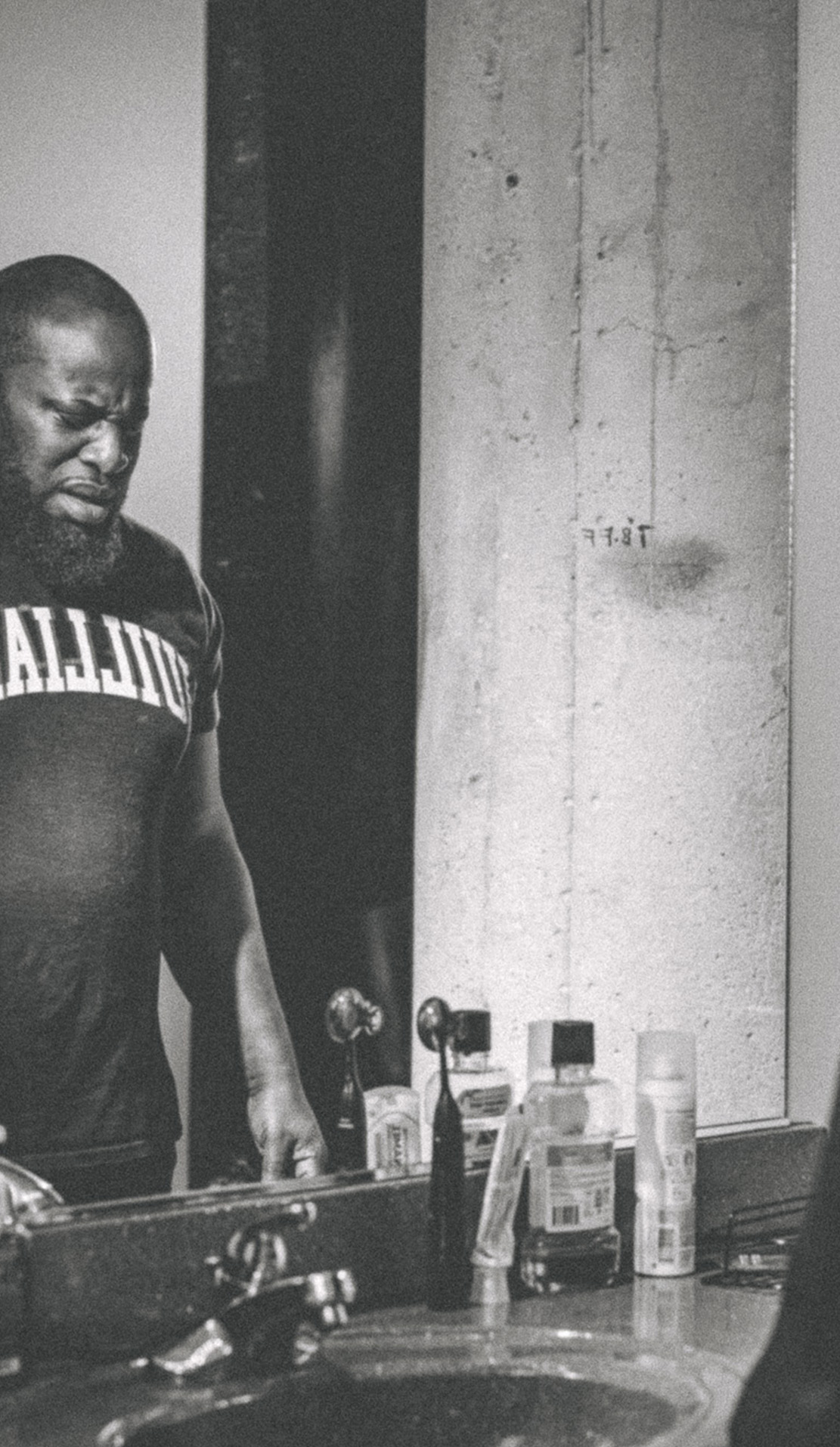

Sadness or Depression
Feeling sadness is a very real part of being human, and it happens in response to situations that hurt us emotionally. Even when sad though, many people still find enjoyment in people and activities they’ve always enjoyed.
Sadness differs from depression which is a long-term mental illness that can affect your quality of life.
To be diagnosed with depression, an individual must have experienced the symptoms (see Warning Signs below) of major depressive disorder that lasts for more than two weeks or what doctors refer to as a “depressive episode.”
Examples of Sadness and Depression
Sadness is emotional pain that can be related to feelings of loss, despair, grief, helplessness, or disappointment. Depression is a deeper, longer-lasting experience of sadness, which may lead to feelings of being empty, lost, not connected to others, and not being able to cope. It’s hard to do routine tasks. COVID-19 was hard on people. Life can be hard and exhausting. Working and keeping up with your bills and trying to stay ahead can feel honestly defeating. People get depressed. People get sad. Even the toughest, strongest people just feel like nothing sometimes.
Warning Signs
What To Do Now
Realize depression and sadness are more common than you realize. We’re here for you. Go to FindHelp.org now, or call 988.
Your mental health matters.





